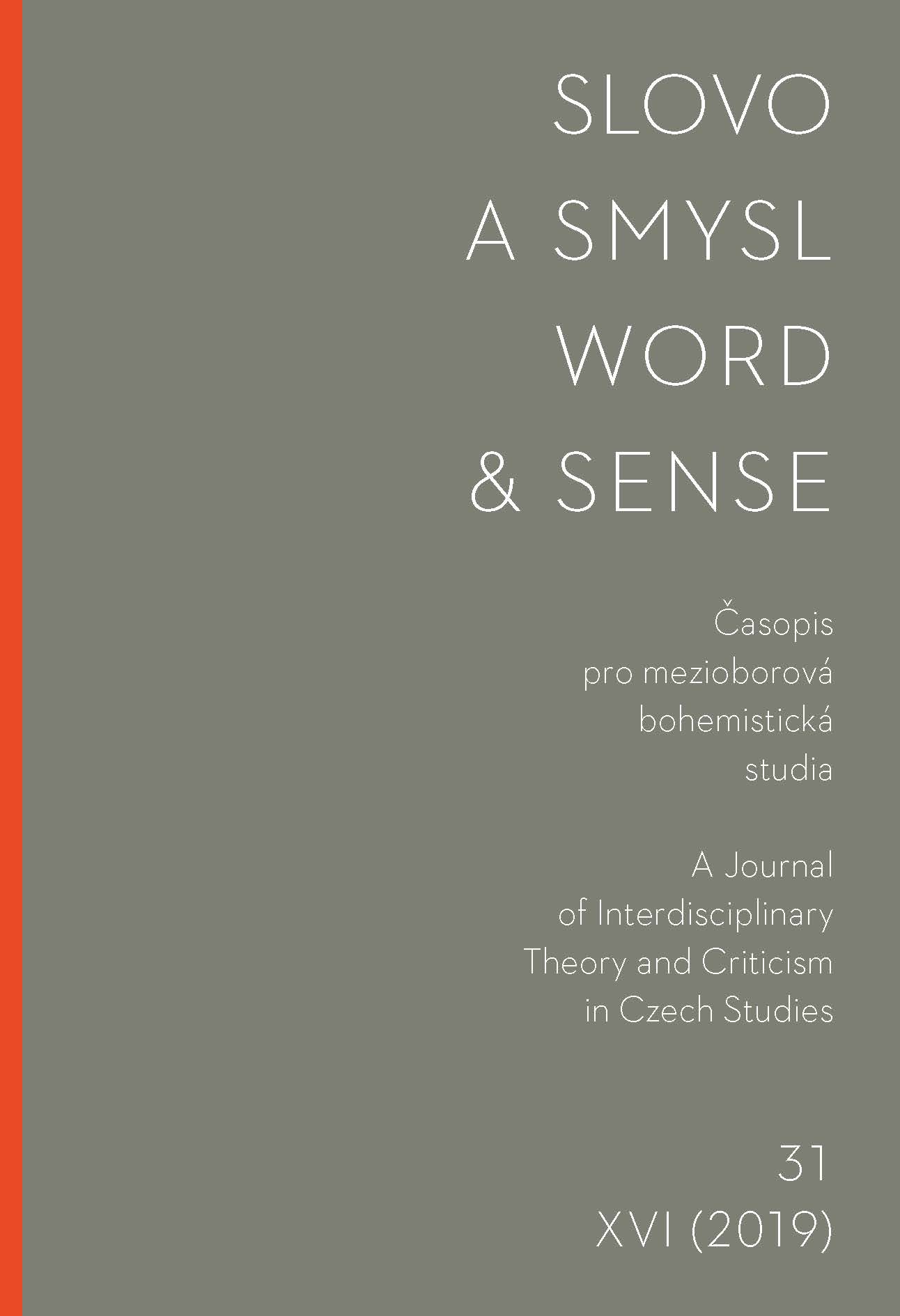Cervantes a tolerance
Cervantes and Tolerance
Author(s): Juan A. SánchezSubject(s): Language and Literature Studies, Studies of Literature
Published by: Univerzita Karlova v Praze - Filozofická fakulta, Vydavatelství
Keywords: Cervantes; Lope de Vega; Inquisition; Ricote; moriscos; Peace of Augsburg; Michel de Montaigne; Erasmus; Francis Bacon;
Summary/Abstract: The treatment of the morisco theme in Don Quixote could be understood as an index — a proof — ofthe philosophical and spiritual differences between Cervantes and the official ideology of his time. Inhis discourse, Ricote (the morisco character in Don Quixote II, 1615) names the ‘freedom of conscience’,an important theme in European religious discourse of the 16th and 17th centuries. This article dealswith the interpretation of that expression in the literary and ideological context of Cervantesʼ noveland Cervantesʼ world. It seems that the expression refers to the Peace of Augsburg, and it could beinterpreted as an appeal for tolerance, in this case regarding the morisco question (the moriscos werebanned in 1609, before the publication of the second volume of Don Quixote). Yet this is a problematic interpretation: in Spain, the expression was commonly associated with heresy. It is in this sensethat Lope de Vega uses the expression. This in turn is what allows us to characterize Lope de Vegaʼsliterary work as conservative and Cervantesʼ as liberal.
Journal: Slovo a smysl
- Issue Year: 16/2019
- Issue No: 31
- Page Range: 25-39
- Page Count: 15
- Language: Czech

